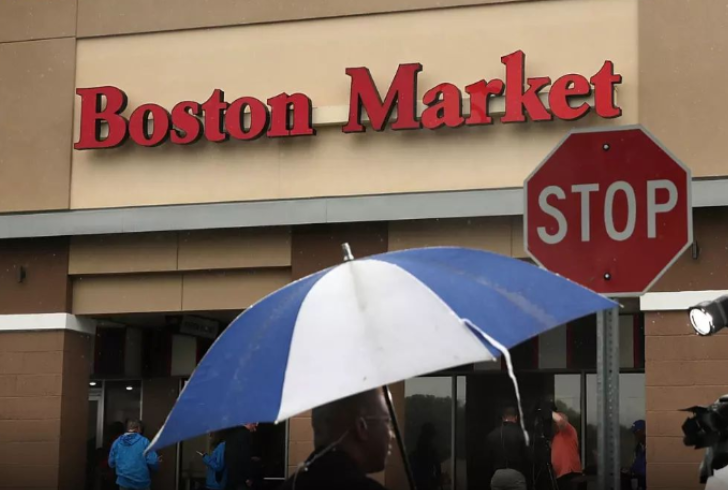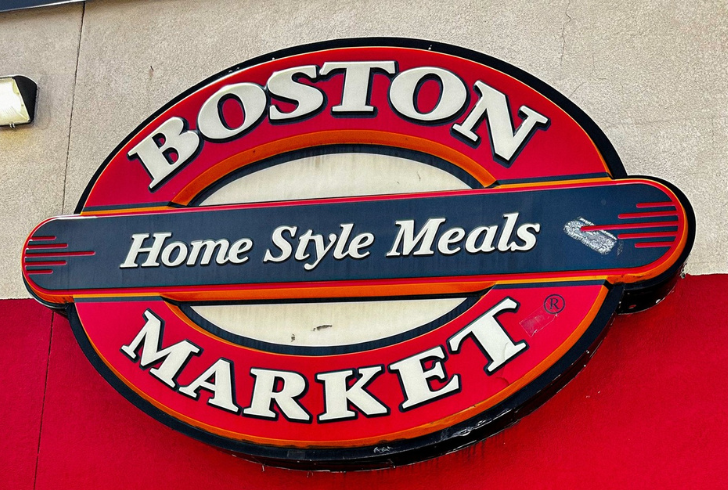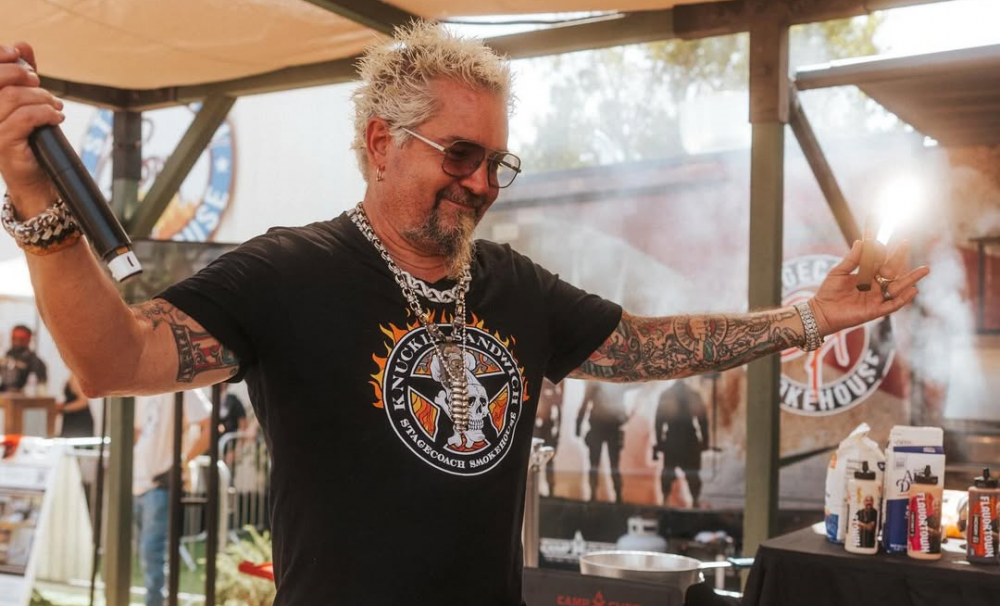In the bustling world of fast-food chains, where each day brings new challenges, the recent news of the owner of a major fast-food chain filing for bankruptcy has sent shockwaves across the industry. The victim of this financial storm is none other than Boston Market, a once-thriving player in the fast-casual dining scene.
The Perfect Storm: Factors Leading to the Bankruptcy

Instagram | 1035ktu | Boston Market is struggling with higher costs for things like ingredients and packaging.
The fast-food industry has faced a series of challenges reminiscent of the struggles experienced by retailers. Supply chain disruptions have wreaked havoc on the sector, leading to soaring prices for essential menu items. Even though big companies like McDonald's have managed to handle these challenges, smaller ones like Boston Market are struggling with higher costs for things like ingredients and packaging due to the unpredictable markets.
Challenges Faced by Fast-Food Chains
- Supply Chain Woes: Rising prices due to disruptions.
- Labor Market Impact: Escalating wages, surpassing minimum wage standards.
- Shifting Customer Habits: Changes in office dynamics affecting restaurant footfall.
- Digital Divide: Big players' advantage in digital and delivery investments.
Boston Market's Turbulent Year
Boston Market faced problems even before it declared bankruptcy. Many of its stores closed in the last year, and its main office got into serious trouble because it owed more than $300,000 in taxes. When Engage Brands, LLC, a part of the Rohan Group, took over Boston Market, things seemed hopeful at first. But sadly, it became a story of financial difficulties for the company.

Instagram | connerburks | In 2020, Engage Brands, led by Jignesh Pandya, acquired Boston Market.
Boston Market Financial Downfall - In 2020, Engage Brands, led by Jignesh Pandya, acquired Boston Market. Despite optimistic statements about weathering the challenges, financial woes haunted the new ownership. Lawsuits from vendors, franchisors, and employees piled up, revealing the grim reality of unpaid bills and unfulfilled promises.
Jignesh Pandya's Personal Bankruptcy: A Desperate Move
The climax of Boston Market's saga unfolds with Jignesh Pandya, the owner of Engage Brands, filing for personal bankruptcy on December 8. In the filing, he disclosed liabilities and assets ranging from $10 million to $50 million, a staggering revelation that paints a grim picture of his financial standing.
Jignesh Pandya's Financial Struggles
- Personal Bankruptcy Filing: Assets and liabilities between $10-$50 million.
- Legal Battles: Lost an $11 million judgment related to Yum Brands Pizza Hut locations.
Uncertain Future for Boston Market

Freepik | Boston Market, as a brand, has not filed for bankruptcy.
Amidst these financial storms, Boston Market's future hangs in the balance. With approximately 300 locations remaining, the fate of these outlets remains uncertain. Importantly, as a brand, Boston Market has not filed for bankruptcy. The court will decide whether the restaurant can continue operations, weighing the best interests of Pandya's creditors.
The Future of Boston Market
As the court deliberates, the 300 remaining Boston Market locations face an uncertain future. The bankruptcy proceedings will determine whether the iconic brand can navigate through the turbulent waters and emerge stronger on the other side.
The Ever-Changing Landscape of Fast-Food Chains
The tale of Boston Market serves as a cautionary narrative in the ever-changing landscape of fast-food chains. In a world where supply chains, labor markets, and customer habits evolve rapidly, adaptability and strategic foresight are crucial for survival.
In the grand symphony of the fast-food industry, Boston Market's bankruptcy filing is a somber note, reminding both industry giants and emerging players alike of the need for resilience, innovation, and financial prudence. As the court proceedings unfold, the future of Boston Market will be closely watched, marking a pivotal moment in the narrative of an industry that never sleeps.








